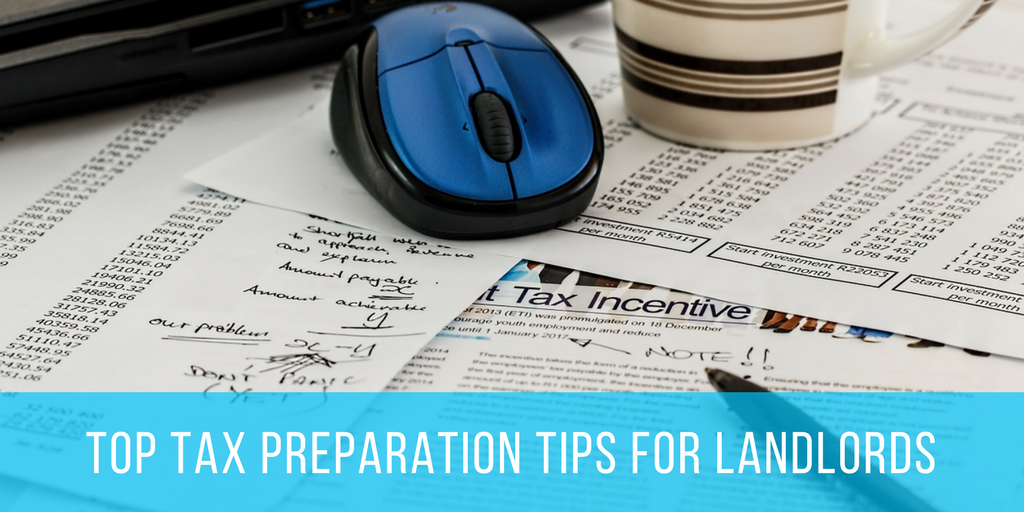12 min read
Beyond Traditional Loans: 14 Creative Financing Options for Real Estate Investing
Creative financing can offer real estate investors options beyond traditional lending from banks. If you have less-than-ideal credit or lack a sizeable...

It might be easy to manage your rental property with TurboTenant, but many landlords still find that managing their taxes is a major challenge! Not to worry, we’ve got you covered, and have compiled a list of important rental property tax topics for landlords to consider to help you prepare to file your taxes this season.
Note these important tax tips for landlords as you plan to file your taxes in the coming months:
Understanding your tax deductions and claiming them properly can help you save money on your taxes and get more out of your rental income property.
Tax deductions for landlords can include everything from your home office to the mileage you incurred driving between your properties.
In the U.S., tax law requires you to properly account for repairs to your rental property differently than improvements. A repair is something that is done to the home to restore it to the original condition.
For instance, if you fixed a leaking sink, it would be considered a repair. However, if you remodeled the entire bathroom and made it bigger, that would be considered an improvement because it increases the value of the home and went beyond the original condition.
It’s important to note the difference in rental property repairs versus improvements in your taxes because maintenance repair costs can be expensed for the year.
Improvements, on the other hand, must be capitalized in your taxes and expenses must be deducted over several years through depreciation, depending on the size of the project and the increased value of the home.
Depending on where you own a rental property, you could be at risk to pay a depreciation recapture fee in your rental property taxes if the home is in a region experiencing an increase in property values.
You can expense the cost of purchasing the rental property, minus the land, over several years through rental property depreciation which can help offset your taxable income over those years. The risk comes in if you sell a rental property for more than the depreciated value, because of the increase in property values of the area, you will likely have to repay the depreciated expenses you’ve claimed in the years you’ve owned the home.
This can be a big and expensive surprise to landlords; note the risk of depreciation recapture fees before selling.
As a landlord, you are able to deduct the costs and fees associated with hiring professional accounting help to file your taxes.
If you hired a lawyer for a case related to your property, you are able to deduct those fees, as well. Keep track of the costs incurred with receipts or invoices and deduct them against your rental revenues. This will help lower your taxable income significantly.
Keep in mind, since TurboTenant’s services are totally free to landlords, you aren’t allowed to deduct anything here, sorry!
Properly preparing and planning for tax season is a good start, don’t forget that you should always check with your tax advisor regarding these and other investment property tax deductions or related tax questions.
Want to make tax season easier with accounting software built just for landlords? Learn more about our integrated accounting tool, accessible directly in your TurboTenant account.
12 min read
Creative financing can offer real estate investors options beyond traditional lending from banks. If you have less-than-ideal credit or lack a sizeable...
11 min read
If you came here wondering how to write a lease agreement, look no further. Creating iron-clad rental contracts is essential for protecting the rights...
10 min read
Between the risks of running a business, a volatile and ever-changing real estate market, and the sometimes fickle attitudes of the renting...
Join the 700,000+ independent landlords who rely on TurboTenant to create welcoming rental experiences.
No tricks or trials to worry about. So what’s the harm? Try it today!
TurboTenant, Inc., © 2025
Created in Sunny Colorado